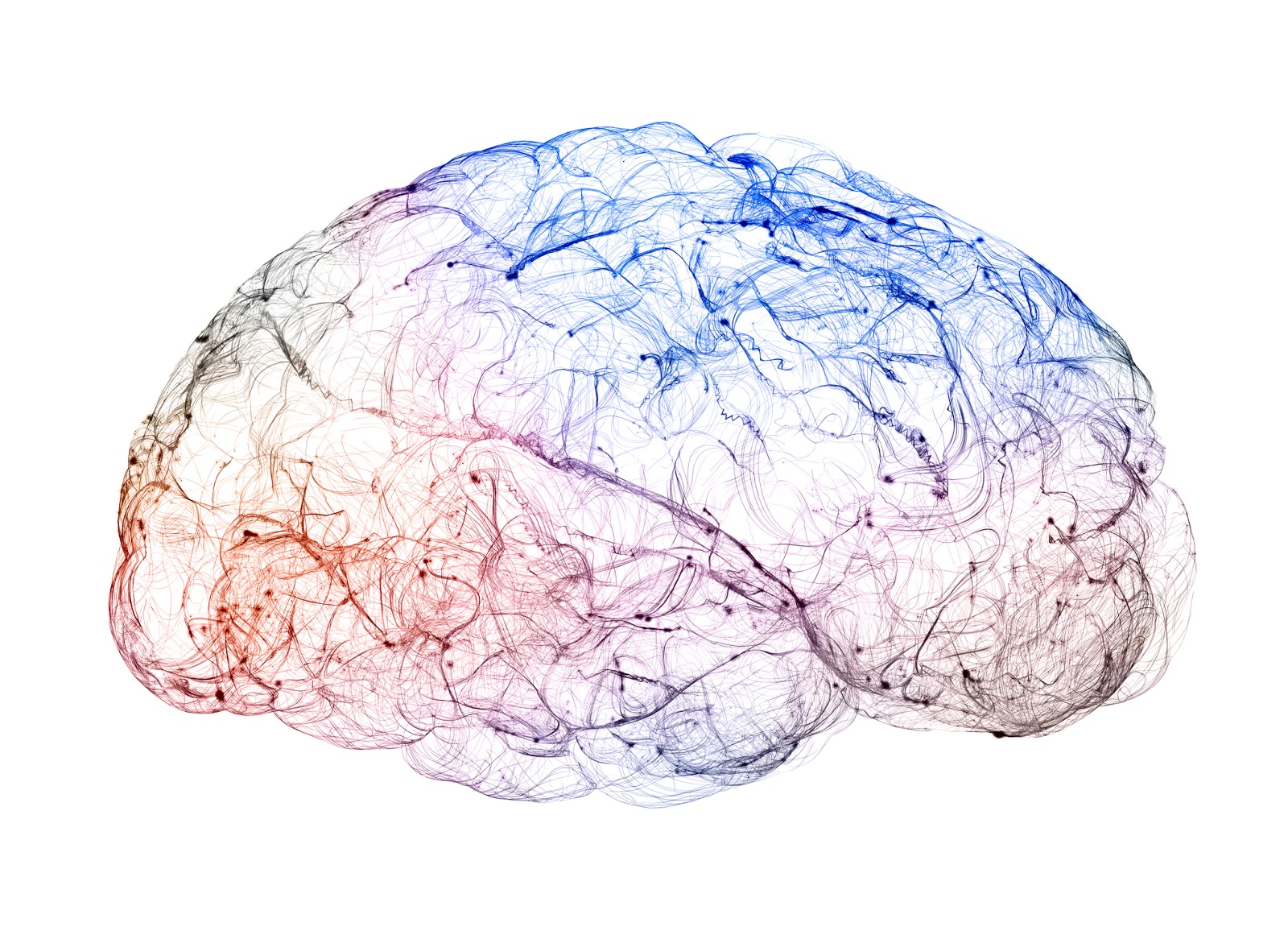Your brain is a whole lot more complex than you might think. In fact, if you were looking for the part of your body most responsible for addiction, you might as well point your finger at the brain. A complex system of nerve cells and chemicals interact in your noggin to make drugs, well, addicting.
In this article we’ll explore what happens in the brain when drugs are introduced and why sobriety is a challenge from a neurological standpoint. If you’re looking to learn more on this topic, check out Silver Ridge Recovery’s free ebook, Rewiring the Brain.
How does the brain get rewired by drugs?
The brain transmits signals through neurons and neurotransmitters. The neurons are the cells and the neurotransmitters are the various chemicals that travel between them. Some of the neurotransmitters you’ve likely heard of – serotonin calms, adrenaline helps your body to react (like in fight or flight), and dopamine induces pleasure.
When drugs are present in a person’s body, they cause different effects because of the different ways they interact with neurons and neurotransmitters. Although drugs affect various chemicals, they all interrupt the normal process of dopamine (the pleasure chemical) on its travels through the brain.
Drugs rewrite this neurological pattern in a way that may feel good initially, but over time leads to negative effects. When drugs are regularly present in a person’s body, the brain will be re-trained and adjust to this new neurological pattern. An addiction, then, is when the brain is subject to a new reward system that’s really just a shortcut to pleasure.
When an addiction is formed
When a person has been using substances for a period of time and the pathway of addiction is carved out in the brain, the amount of drug needed to produce the same feeling increases. Imagine that initially a trench is dug and as things flow through it, the trench erodes and becomes deeper. The trench then needs more to fill it each time. Addiction molds the brain in the same way.
Addiction also impacts how we remember things. The part of the brain that helps with learning and memory is called the hippocampus, and the hippocampus stores those feel-good memories of drug use as well as what is going on in the environment when those pleasurable sensations occur. Remembering only the pleasure, our hippocampus drives us to continue to use drugs and alcohol.
How to undo an addiction
Undoing an addiction is no quick fix. It’s not an easy or painless process. Because addiction so drastically alters the way the brain functions, overcoming addiction and achieving long-term sobriety becomes a layered task.
An important component to any treatment is therapy. Traditional therapy, or talk-therapy, has been shown to help treat addiction more effectively than any other treatment modality.. Therapy helps people to create new thought patterns to change behavior.
Other therapies and complementary treatments are also used. These might include family or couples therapy, medication management, art therapy or lifestyle changes like exercise and nutrition. It’s common that before any of this treatment can occur, a person will also need to engage in a detox program for the first days of sobriety while toxins are flushed out.
Rewiring the paths in your brain is not a task you can do alone. Professional support through therapy and other forms of treatment is essential to changing the brain’s reward system back to its healthiest functioning.
Why you deserve freedom
According to the National Institute of Neurological Disorders and Stroke, the brain is the most complex and important organ in the human body. It helps us to rationalize, make decisions, respond to the world, interpret what we experience, record memories and find meaning in our lives.
Your brain is a precious tool, more complicated than any computer and more valuable than any masterpiece. When your brain is affected by drugs, the most important functions may be lost temporarily or even permanently. Taking care of your brain is the best thing you can do to protect your physical and mental health.
Seeking help for your addiction is a hard battle when you try to overcome those deep trenches on your own. Your brain may feel like it’s working against you when you’re trying to achieve sobriety, and your triggers seem to call you back, louder and louder.
Enlist the help of a professional team of trained and certified addiction specialists. Lifelong recovery is possible with support through detox programs, medication management, therapy and other forms of treatment.
If you’re ready to turn your life around and get the support you need to overcome your substance use habits, reach out to Silver Ridge Recovery. At Silver Ridge Recovery, you can expect to be treated as a whole person. You’ll find healing (for your brain, your body and your spirit) at our drug and alcohol rehab center located in Asheville, North Carolina. Call today at 855-945-7788 to get started.



